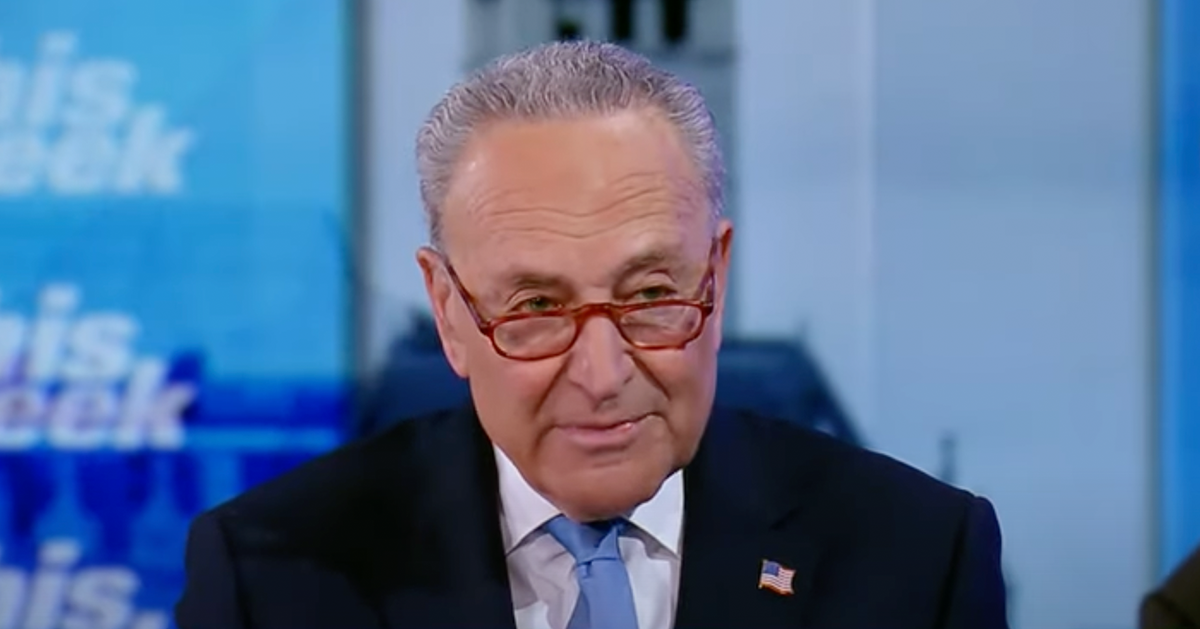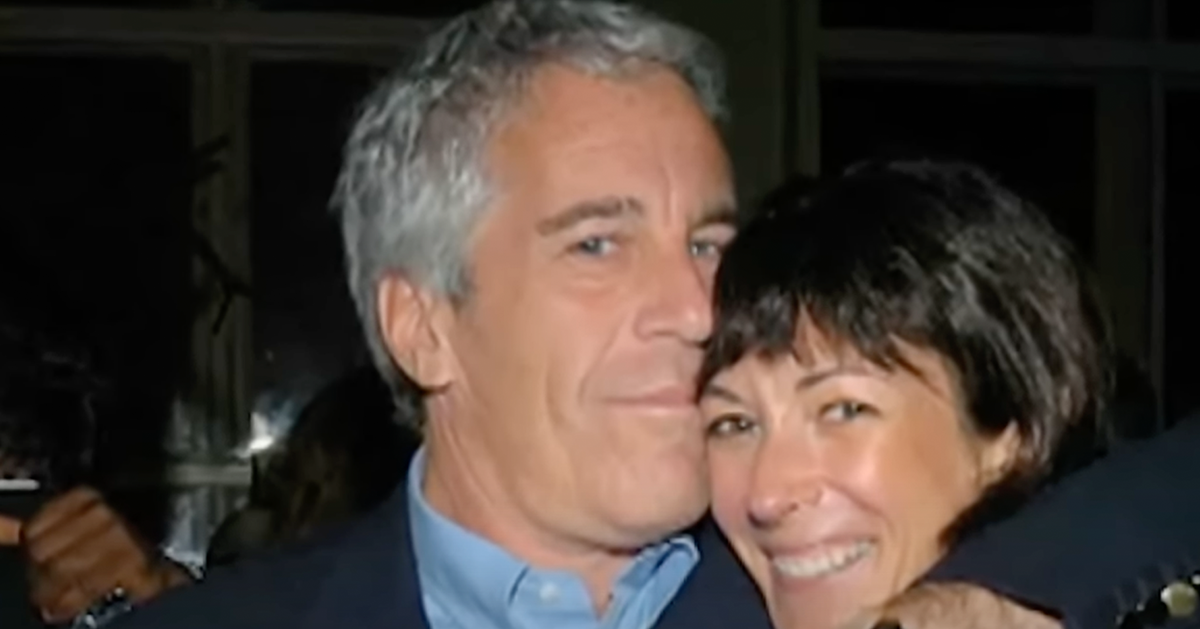Bill Clinton Reflects on Joe Biden's Pardon of Son Hunter Biden
Former President Bill Clinton recently weighed in on President Joe Biden's controversial pardon of his son, Hunter, reflecting on the complexities and challenges of presidential pardons.
Clinton, who previously pardoned his own brother, Roger Clinton, drew comparisons between the two scenarios while highlighting their differences and implications, as Fox News reports.
The former president's brother, Roger, faced legal troubles in the 1980s, serving time in prison on cocaine charges. After completing his sentence, Roger was pardoned by Clinton.
Shortly after receiving the pardon, Roger found himself in legal trouble again, this time for drunk driving. This past experience served as a backdrop for Clinton's reflections on the nature of presidential pardons, particularly those involving family members.
As Clinton compared the pardon of his brother to Biden's pardon of Hunter, he expressed that there were notable differences. He was clear in stating that he did not see the two situations as directly comparable. Although both involved pardons granted to relatives, the former president stressed that the contexts and circumstances surrounding each were distinct.
Clinton's Broader Insights into Pardons
Commenting on the fairness of the pardon system, Clinton voiced concern about the larger implications and the lack of discourse surrounding presidential pardons. He remarked on the system's perceived inequities and questioned whether it effectively served its intended purpose. In his words, this lack of discussion is a "larger problem."
Reflecting on his own brother's case, Clinton emphasized the seriousness of Roger's situation, noting how his brother cooperated with authorities, served his time, and benefited from a pardon. Despite Roger's subsequent arrest, Clinton's decision to pardon him highlighted the complexities presidents face when family members are involved.
When discussing Hunter Biden's pardon, Clinton acknowledged the political nature of such actions. He indicated that the public reaction to Biden's decision may have been colored by Hunter Biden's relationship with the president. Clinton suggested that Hunter was treated differently, perhaps harsher, because of his familial ties.
Political Layers and Public Reaction
The pardon of Hunter Biden was not without its share of public scrutiny and political implications. Democratic House Minority Leader Hakeem Jeffries weighed in on the decision, recognizing the rationale behind it while also acknowledging that there are many cases equally deserving of such clemency.
Major news outlets, including the New York Times and Politico, analyzed the scenario, pointing out possible repercussions and criticisms surrounding Biden's decision. The discussions centered on how Hunter's pardon could be perceived as preferential treatment due to his connection to the president.
Addressing the political storms that often follow such decisions, Clinton reflected on the impact it had on public perception. Highlighting Hunter Biden's unique standing in the context of presidential pardons, Clinton acknowledged that Hunter likely received treatment different from what others might expect in similar situations.
President Biden's Perspective on Fairness
President Biden himself addressed the issue when he announced the pardon for his son. In his statement, he emphasized his prior commitment to not interfere with the decisions of the Justice Department, maintaining that he had kept that promise despite observing what he described as selective prosecution of Hunter.
For Clinton, this instance opened a broader dialogue on the fairness of treatment individuals receive based on their connections. He remarked about the reality that the president's son faced "far stronger adverse consequences" than what might be typical for similar offenses, a point Clinton found necessary to acknowledge.
Bill Clinton, reflecting on the nuances and scrutiny involved with granting pardons, mused about the political landscape. His comments drew attention to the political disparities and public suspicion present in the ongoing discussions concerning fairness and justice within the system.
Calls for Reform and Reflection
Clinton's observations serve as a window into the often-hidden challenges involved in making decisions about pardons. He expressed frustration at the absence of a broader conversation about the system's efficacy and fairness. His call for a reflection on such issues invites further examination and potential reform.
Through his engagement with Biden's decision, Clinton offered insights into how presidential pardons operate under public scrutiny.
Both past experiences and future considerations illuminate the complex balancing act of justice, fairness, and political responsibility faced by any president when family matters intersect with national governance.
Presidential pardons, especially those involving family, inevitably carry with them questions about fairness and privilege. Clinton's sharing of his personal and political experiences adds depth to these discussions, urging a closer look at how future cases might be approached.






